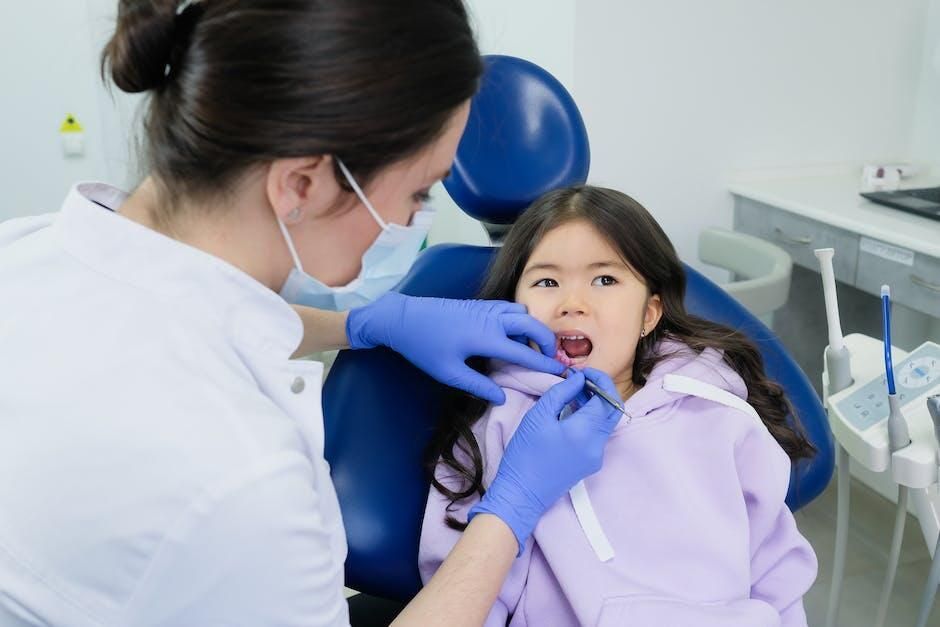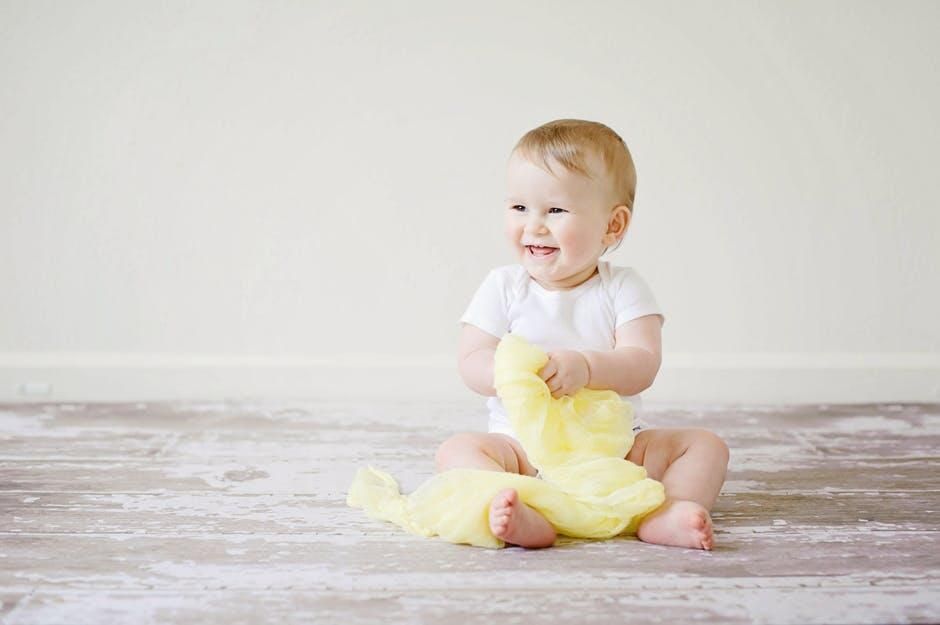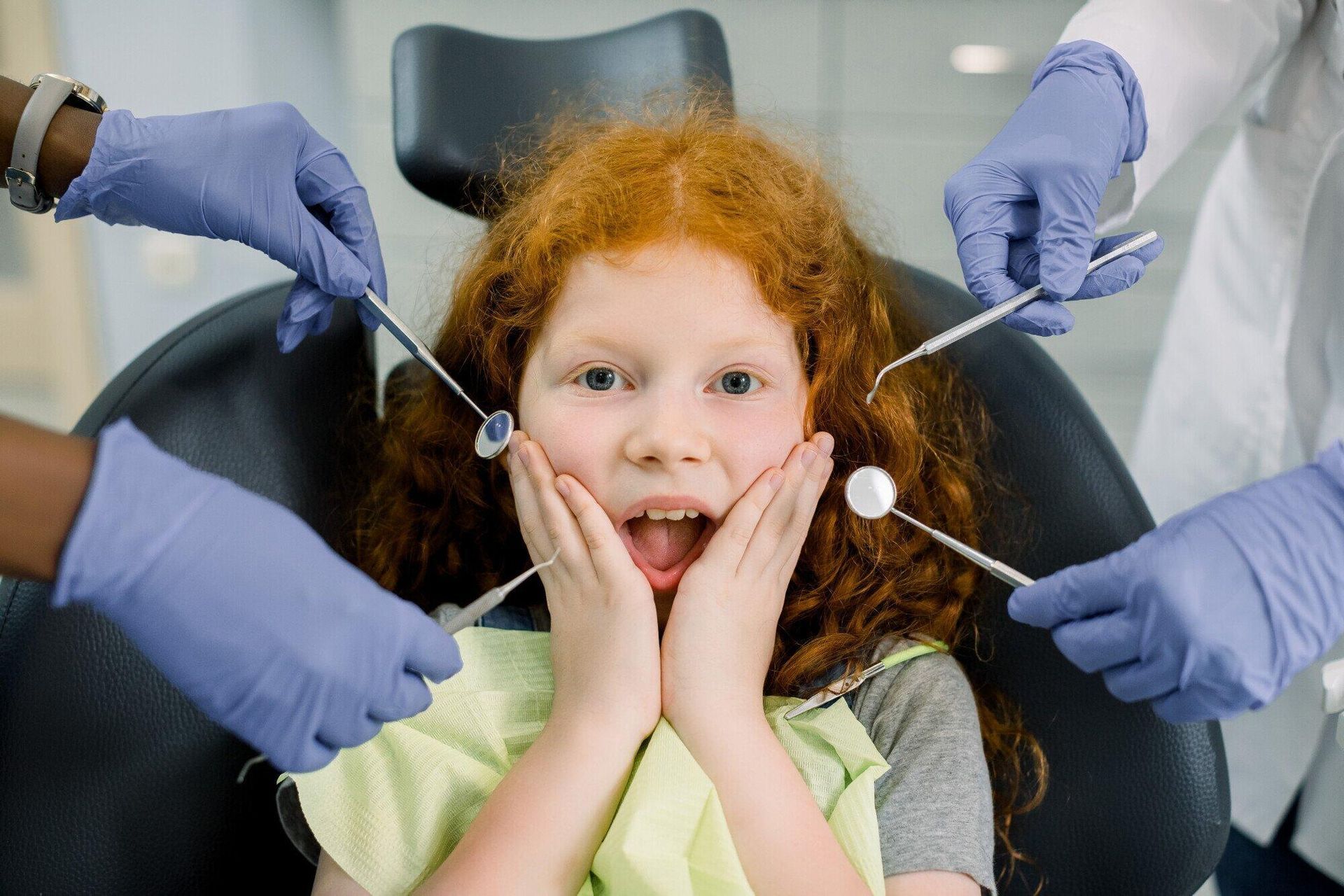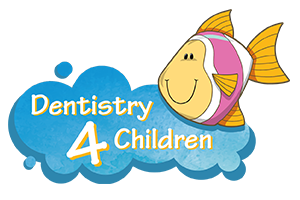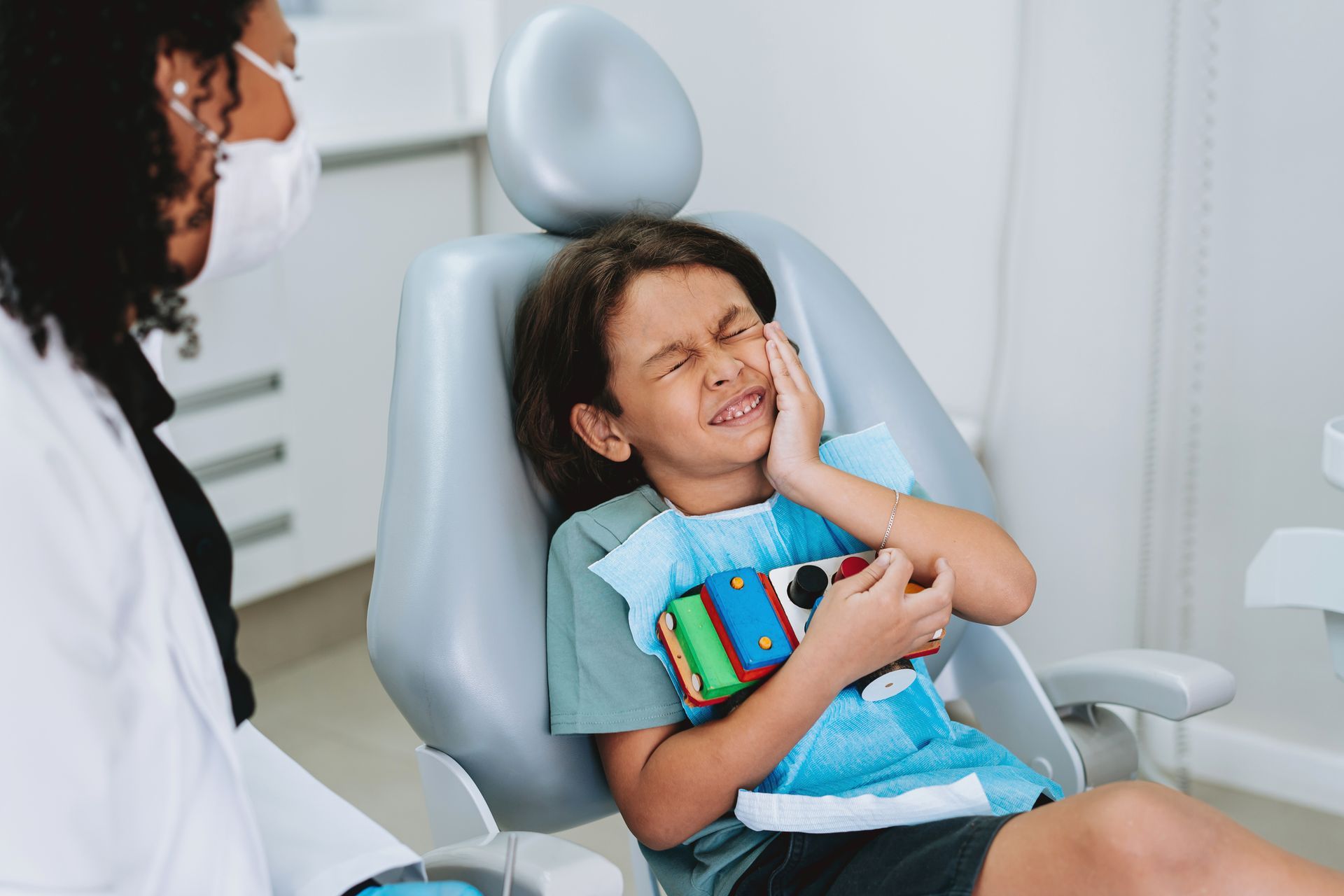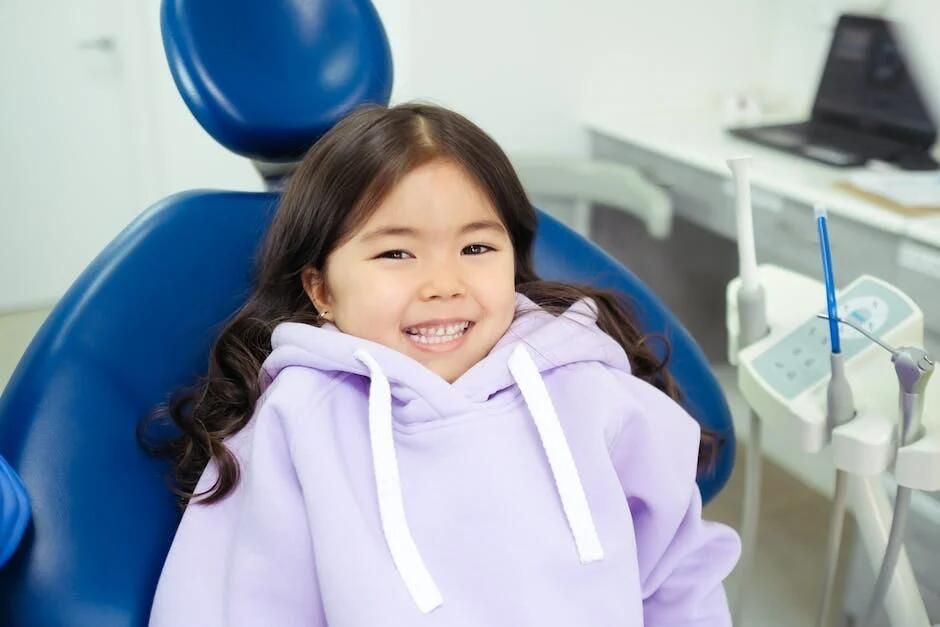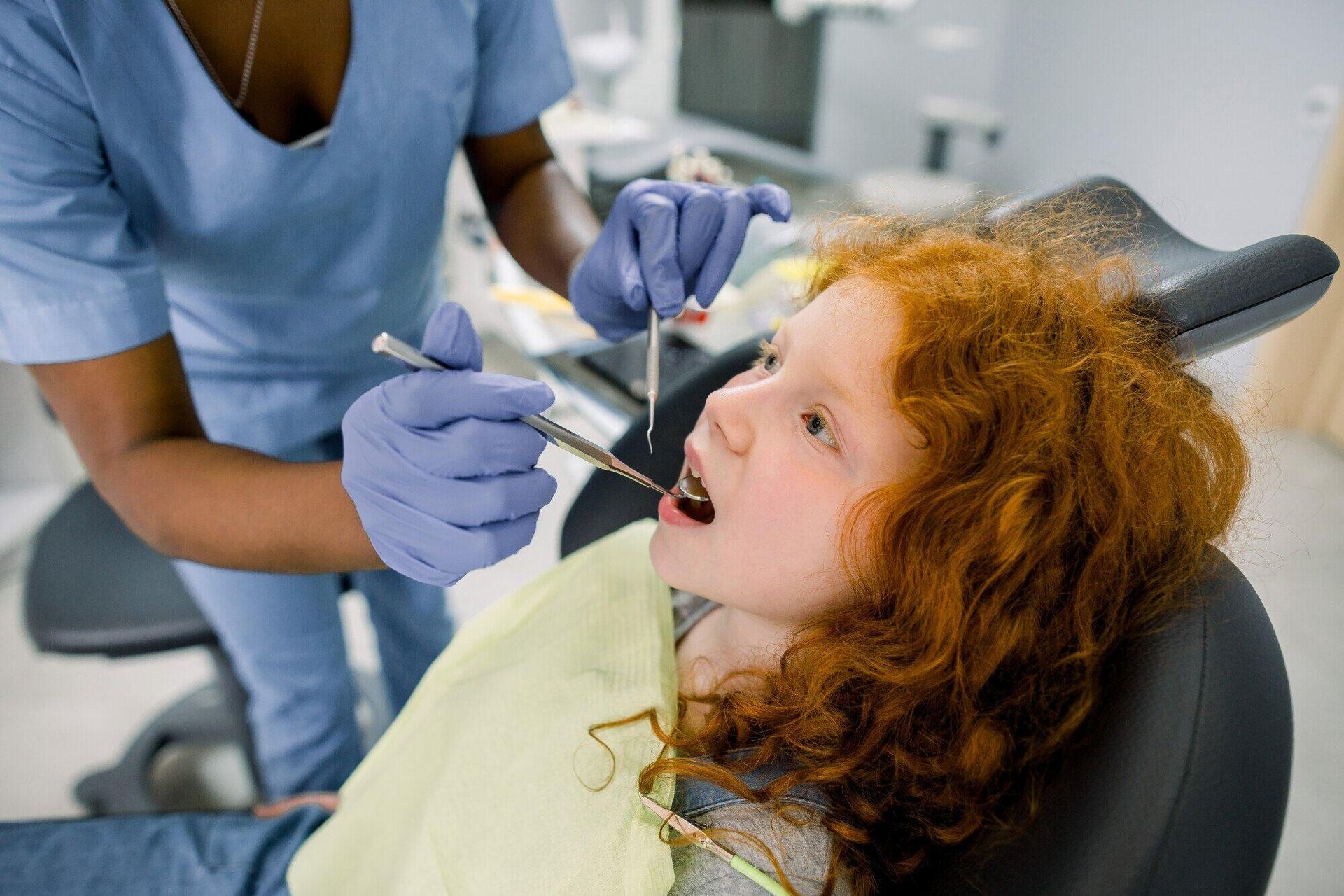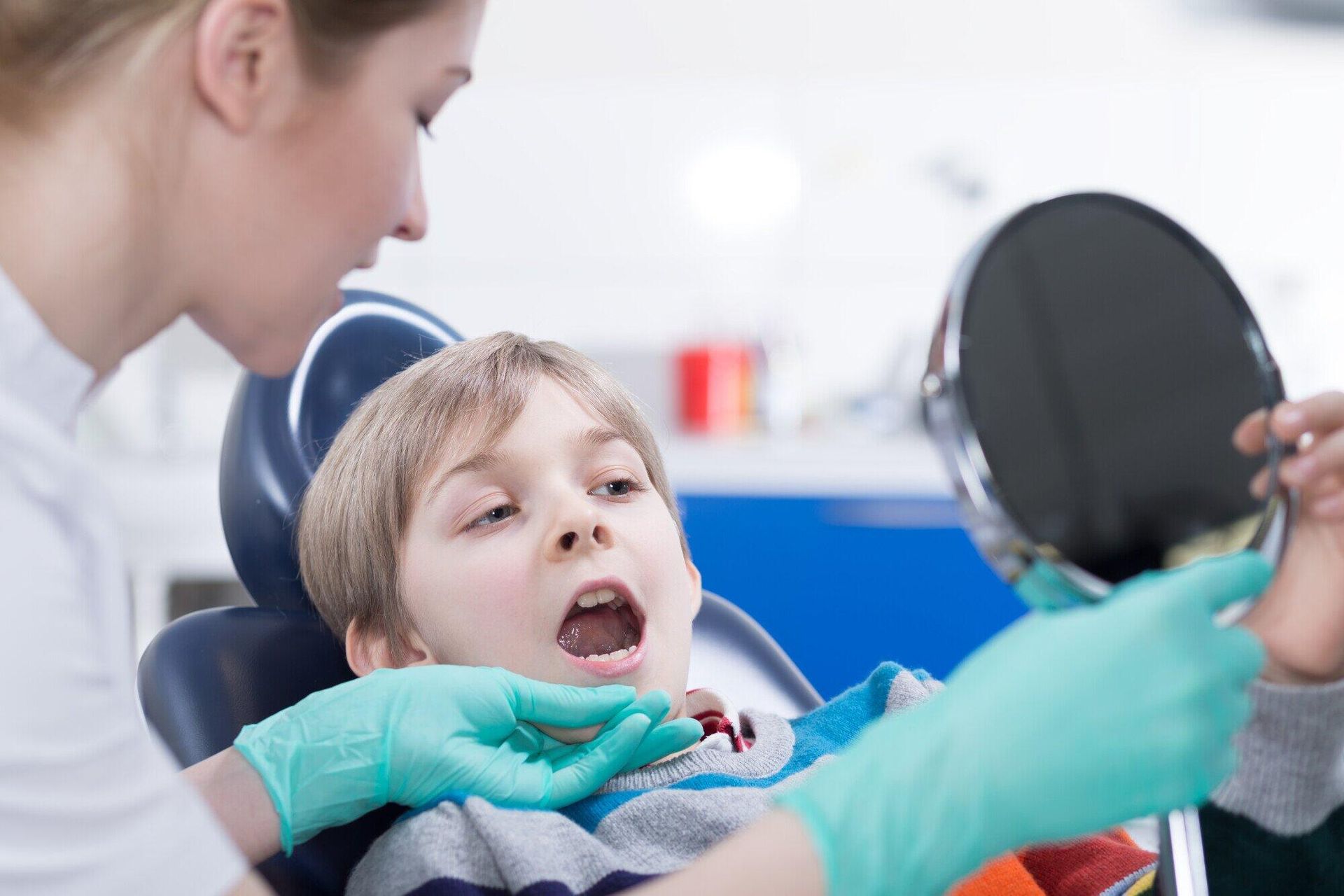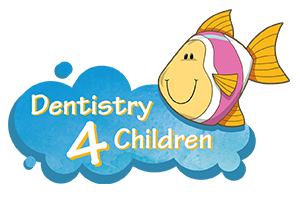The Importance of Getting a Routine Dental Cleaning, Explained
In the US, 26% of adults have tooth decay, and almost half of adults show signs of gum disease. These conditions can lead to permanent tooth loss and severe infections if left untreated.
However, they're also entirely preventable if you have a routine dental cleaning every six months. It's all too easy to overlook the importance of getting regular cleanings. You likely don't realize how much missing your cleanings not only impacts your dental health but your overall health too.
If it's been over six months since you've had a cleaning, it's time to see a Dentist in Friendswood, TX, for a checkup.
Keep reading to learn everything you need to know about dental cleanings and see why they're so important for your health and well-being.
What You Can Expect From a Teeth Cleaning
Many people don't realize what general dental cleanings involve. If you don't understand exactly what a cleaning entails, it's easy to overlook its importance to your dental health.
Before the cleaning begins, your dentist will examine your neck and jaw area to ensure there aren't any noticeable irregularities. Next, they'll begin examining your teeth. Your dentist will check for cavities, missing or broken teeth, gum disease, and signs of oral cancer.
For the cleaning, dentists use special tools to remove the tartar and plaque build-up from the surface of your teeth. After a professional polish and floss, you'll also get recommendations on how to improve your oral hygiene routine.
How Often Should You Get Your Teeth Cleaned?
You should visit your dentist to get your teeth cleaned at least every six months in order to maintain good dental health. If you have extensive tooth decay or severe gum disease, your dentist might recommend you have cleanings every three months.
The Importance of Routine Dental Cleanings
Dental cleanings are essential and a crucial part of your oral hygiene routine. It's important to realize that your dental health is linked to your overall health in many ways.
Missing or decaying teeth lead to trouble chewing food, problems with nutrition, and even problems with your speech. Healthy teeth are also important for communication, your relationships, and even when you have to interview for a job.
If you don't care for your dental health, you'll also be at risk of developing chronic diseases like diabetes and heart disease. Some of the main benefits of routine dental cleanings include:
Lowers Your Risk of Heart Disease
Good oral hygiene is crucial to your heart health, and regularly visiting the dentist lowers your heart disease risk. In fact, going for regular cleanings at least twice a year can reduce your risk by 14%.
You can also reduce your risk even further between your scheduled cleanings by brushing at least twice a day and flossing at least once daily.
Lowers Your Risk of Diabetes
Inflammation plays a huge role in the development of diabetes, and your oral health plays a big part in the overall inflammation present in your body.
Poor oral hygiene leads to an overgrowth of bacteria in your mouth, causing gum tissue inflammation. This weakens your body's ability to use insulin properly and control your blood sugar effectively.
High blood sugar levels in your body also encourage more bacteria to grow, worsening the problem. As a result, diabetes increases your risk of developing both gum disease and tooth decay.
Prevents Gum Disease
Gum disease or periodontitis is a severe gum infection that damages your gums, and if it isn't caught early, it can destroy your jawbone and lead to tooth loss. Sometimes, this infection can spread to your bloodstream and cause a severe life-threatening infection.
Gum disease is also linked to serious health conditions like heart disease, respiratory disease, and rheumatoid arthritis. Staying consistent with regular dental cleanings is the best way to prevent or catch gum disease in its early stages.
Detects Oral Cancer Early
Oral cancer can develop in any part of the mouth, such as the lips, tongue, gums, and also the roof of the mouth or under the tongue. It usually first appears as a sore that doesn't heal, a lump, or as white patches, and you won't always notice any symptoms at first.
Oral cancer screenings are done at every cleaning, so regular cleanings are necessary to catch this cancer in its early stages.
Prevents Cavities and Tooth Loss
Cavities are caused by a build-up of plaque and tartar around your gums, which increases the number of bacteria that are present in your mouth.
If you allow the plaque and tartar to build up over time, your teeth will decay more, eventually leading to tooth loss. Regular dental cleanings ensure that cavities are caught early and treated before any permanent damage occurs.
Improves Bad Breath
Almost 30% of people in the US have bad breath, also known as halitosis. Not only can it make social situations awkward, but it's a significant clue that your oral health isn't where it should be.
Bad breath can be a temporary problem caused by the types of foods and drinks you consume, like garlic or coffee. However, the most common cause of bad breath occurs from poor oral health. The build-up of plaque, tartar, and gum disease can all contribute to bad breath on a regular basis.
Visiting your dentist regularly for a dental cleaning will keep your teeth clean and your breath fresh.
Get a Routine Dental Cleaning Today
Now that you know the benefits of dental checkups, you can get into a better routine by scheduling a routine dental cleaning today.
If you're looking for a dentist in Friendswood, TX, for you or your children, it's time to turn to Dentistry 4 Children. We offer routine cleanings and general dentistry services for both adults and children.
We also offer cosmetic dentistry services and orthodontics to meet all of your dental care needs. We look forward to helping you improve your dental health, so make sure you contact us today to schedule your dental cleaning!
